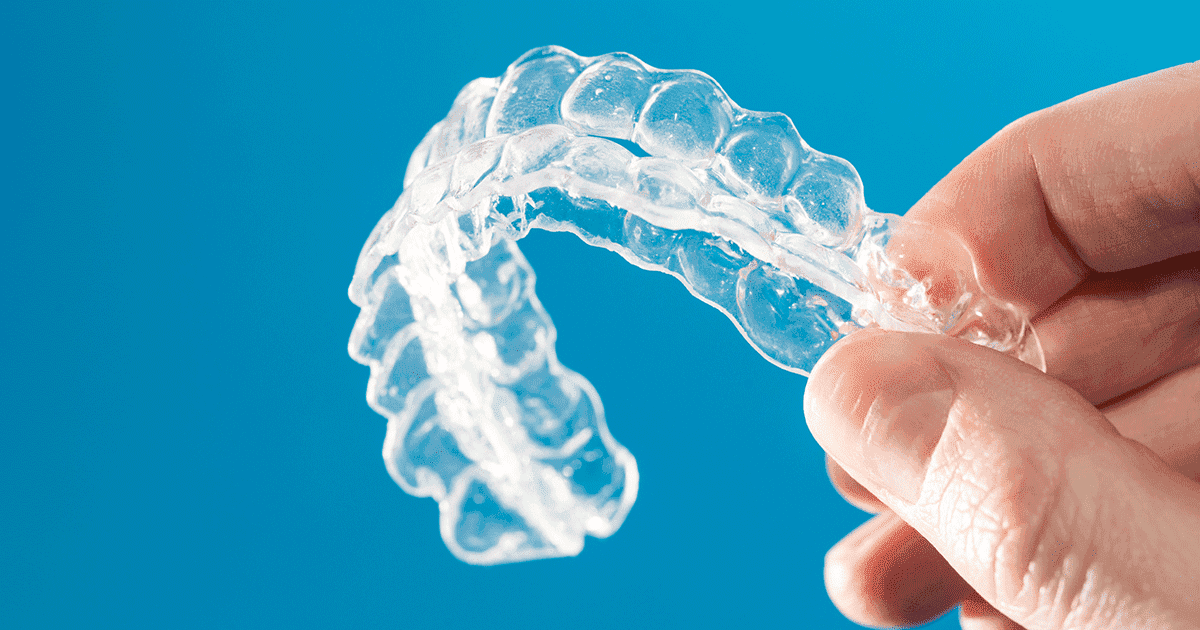Direct-to-consumer orthodontic patients will gain new protections when CDA-supported Assembly Bill 1519 becomes the law in January 2020. The first of its kind in the nation, the new law will protect patients from DTC orthodontic companies that are putting profits before patients by taking potentially unsafe shortcuts to the accepted standards of care.
AB 1519 by Assemblymember Evan Low (D-Campbell) extends the operation of the Dental Board of California and establishes greater transparency and fundamental consumer protections for patients who receive dental treatment via telehealth. Gov. Gavin Newsom signed the bill into law on October 13.
Significantly, the bill creates explicit parity in the standard of care, whether a dentist is treating a patient through telehealth or in a dental office. AB 1519 requires that dentists providing orthodontics meet the basic, accepted standard of care by reviewing the patient’s recent X-rays prior to the movement of teeth.
Telehealth companies and dentists who use telehealth will also be required to provide patients with basic information about their treating dentist, such as the dentist’s full name and state license number. Brick-and-mortar dental practices already provide that same information to patients.
Finally, the bill preserves a consumer’s ability to submit complaints about licensees to the dental board — even if the consumer has signed an arbitration clause or nondisclosure agreement.
Providing dental care to patients, especially moving teeth, without sufficient diagnostic information can potentially lead to serious patient harm, including loose or cracked teeth, gum recession and tooth loss. With emerging business models offering various dental services outside of a dental office’s four walls, including companies that provide direct-to-consumer orthodontic services, it is imperative that dental treatment continues to meet the standards of care.
Assemblymember Low, who represents a swath of Silicon Valley, said in a statement about the signing:
“I am grateful to Governor Newsom for putting patients above profits. AB 1519, this year’s dental board sunset bill, helps ensure consumers are not recklessly injured by profit-hungry companies who engage in serious medical procedures without even the most basic examination.”
AB 1519 ensures that telehealth advancements continue to develop in a thoughtful way that puts patient safety first and is as effective as in-person treatment.
The new law will take effect Jan. 1, 2020.
Dentists, patients will see more transparency in network leasing
Gov. Newsom also signed into law CDA-sponsored legislation that continues to build on CDA’s recent legislative efforts to increase dental plan transparency and value. AB 954, authored by Assemblymember Jim Wood (D-Santa Rosa), requires dental benefit plans to be more transparent about the common practice of “leasing” access to a network of contracted dentists from another dental benefit plan. The growing trend of network leasing is causing confusion and difficulties for California dentists and their patients.
While many dentists want the benefits that can come with network leasing, such as increased visibility and patient retention, under current law there are disadvantages that negatively affect dentists and their patients. For example, dentists who signed contracts with one dental plan often are not aware that their contract has been sold to another plan that now counts them as a contracted in-network dentist. They may not know which plans they have been sold to.
AB 954, which will go into effect for plan contracts signed or renewed as of Jan. 1, 2020, increases transparency for dentists and patients by requiring dental plans to maintain an up-to-date website list of all third parties that have access to a provider network contract and to clearly identify in specified language and font a contract clause that allows network leasing.
Currently, the purchasing plan is not required to comply with the terms that the provider and the original plan agreed to. Moreover, the dental plan that is leasing its network is not required to communicate with the purchasing plan to make sure that a dentist who opts out or cancels their contract is taken off the leased network.
Beginning in January, dentists will have the ability to opt out of being leased to third-party plans without having to drop their original plan contract.
The lack of transparency in network leasing has made it difficult for providers to educate patients about treatment options and the cost of care. Dentists need to know whether they are in network or out of network when working with patients in order to determine their share of the costs. Also, dentists must be able to easily locate the terms of a new contract to know copayments, important limitations on services and waiting periods, and how treatments are categorized.
The new law will provide clarity for both patients and providers, reduce confusion and help preserve trust in the dentist-patient relationship.
Dental hygiene scope expansion fails to pass
Legislation that would have expanded the scope of registered dental hygienists and registered dental hygienists in alternative practice has stalled in the Legislature.
Introduced early this year by the California Dental Hygienists Association, the bill initially included several provisions that CDA opposed. Among them was a provision that would make it much easier for RDHAPs to operate a private practice by eliminating the requirement for an RDHAP to practice in a dental health provider shortage area. The bill also initially expanded authority for RDHAPs to provide local anesthesia, nitrous oxide and soft tissue curettage under general supervision of a dentist.
CDA successfully advocated for the removal or modification of these provisions to ensure appropriate dentist oversight of dental services. CDHA and CDA have agreed on several amendments to the bill, including a provision allowing for RDHs to provide fluoride varnish without supervision in public health programs and expanding the definition of public health programs to include specific nonprofit charities.
Although the bill did not pass this year, it may be heard again in 2020.
Watch the Advocacy page on CDA’s website for updates on current and upcoming major issues.

